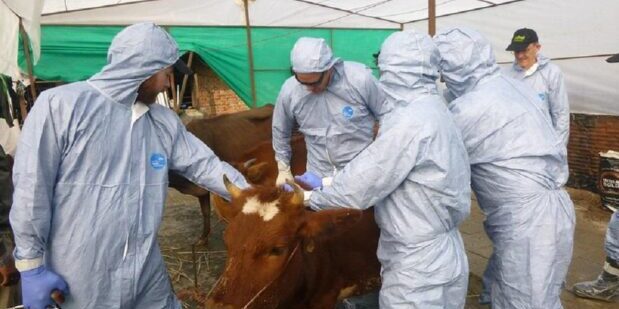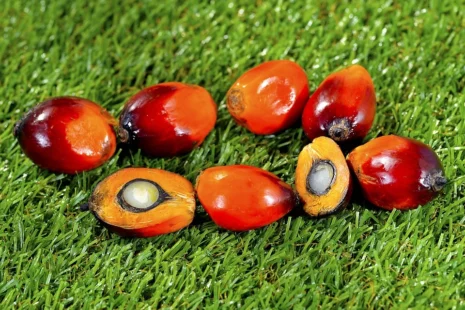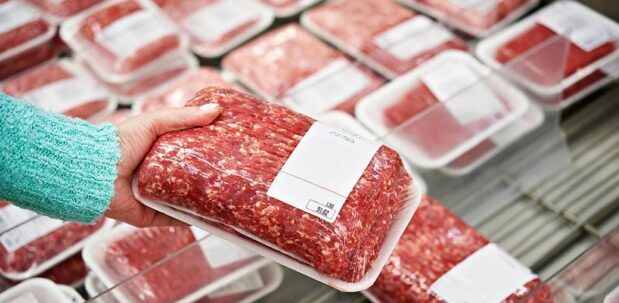
In Adelaide, pieces of the foot and mouth disease were found in unregistered beef, marking Australia’s second finding of the disease. The Adelaide Advertiser reported the discovery at the airport on Thursday, one day after Agriculture Minister Murray Watt announced disease pieces had been found in Melbourne-produced pork. They are the disease’s initial reports in the midst of an ongoing global outbreak. The fact that these viral fragments – not living viruses, but rather viral fragments – are entering the country through these animal products is highly concerning, according to Watt, who made the detections. But on a deeper level, these discoveries demonstrate the resilience of our borders and the effectiveness of our biosecurity measures.
Watt claimed that the undeclared beef product taken by a traveller from Indonesia was where the Adelaide detection was made “in recent days.” While the country is still clear of the animal disease, it has been found in Bali, a well-known tourist destination. In response to the fears that even one incidence of foot and mouth disease may cause the export economy to collapse overnight, opposition MPs Barnaby Joyce and Karen Andrews have called for the border to be closed with Indonesia, one of Australia’s largest trading partners. David Littleproud, the leader of the Nationals, refrained from endorsing a border closure nonetheless. On Wednesday, Watt noted that foot and mouth disease virus pieces have already been discovered in Australia, prior to the Melbourne detections. “It’s happened a number of other times in airport settings,” he said.
“There would be a negative impact on the economy, so we must maintain commerce open. It’s crucial that Australians are aware of the issues involved and the need to be extremely watchful about the food goods they bring back. The minister stated that preventing an outbreak from ever reaching Australian soil was his main concern. Watt said, “I am very optimistic that Australia’s internationally acclaimed biosecurity system puts us in very good position to prevent this outbreak’s arrival.

China has made it clear that they are serious about building a fake food business rapidly. The world’s largest importer of animal-based protein is quickly implementing President Xi JinPing’s direction to accelerate the development of alternative proteins. Last month, President Xi directed his agriculture authorities to seek protein sources other than traditional animal businesses in […]
Read More →
With the high price of beef, the urge to fabricate species and cuts is greater than ever, and the methods for doing so are growing more advanced. While meat fraud is uncommon in Australia, cattle farmers have a vested interest in preventing it – or even inadvertent substitution – in other countries, given that three-quarters […]
Read More →
Sheep farmers may prefer to market their lambs directly over-the-hooks rather than selling them through saleyards. The disparity between lambs sold at the saleyard and lambs processed has widened since late January. According to Meat and Livestock Australia (MLA), recent data shows that lower saleyard pricing has role to play in producers’ selling decisions. “There […]
Read More →